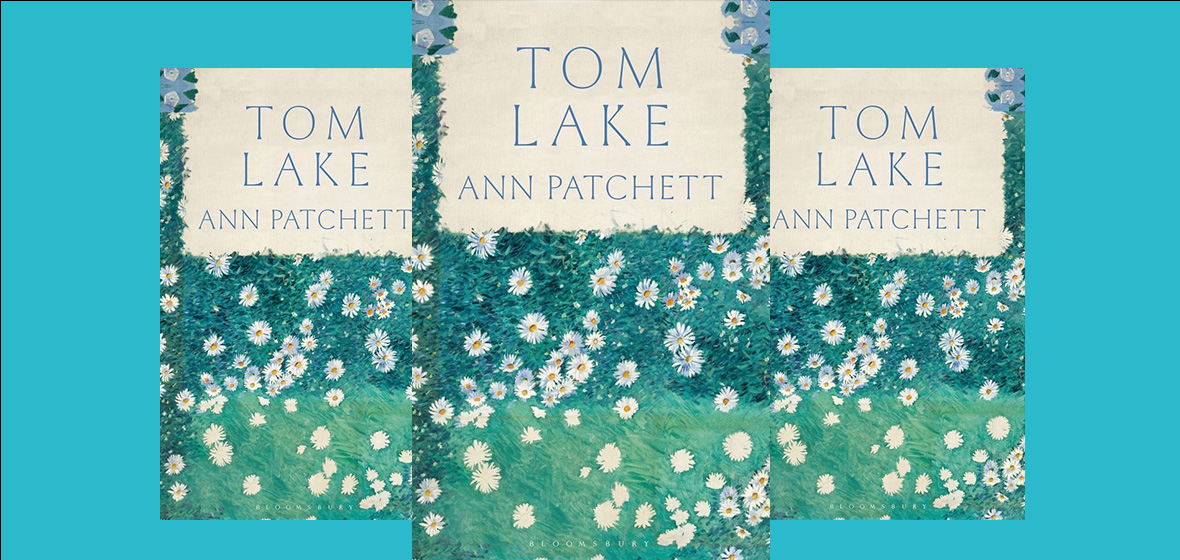Tom Lake is the eighth novel of American literary treasure Ann Patchett, and most fans are likely to find it her sweetest. On its surface, the stakes in this comfort read are fairly low: it is springtime 2020 in Michigan and the three adult daughters of Lara, and her husband Joe have returned to the family orchard to ride out a ferocious wave of the COVID-19 pandemic. The family are isolated, healthy and for the most part, completely fine: Lara even feels secretly happy to have her family back under the same roof. With most of the orchard’s usual seasonal workforce unavailable, daughters Emily, Maisie, and Nell are assisting their parents with an arduous and bulging harvest. In exchange for their labour, their mother spends the sweltering days recounting her long-ago summer theatre career, and a sweeping romance with a man who later went on to win an Oscar.
Patchett’s narrative powers of humanity and her skilful excavation of her characters, so stunningly on show in previous novels like Bel Canto and The Dutch House, do not have to do as much work here. Tom Lake is told only from the perspective of young and then late middle-aged Lara, the timeframe switching continually between the two. The earlier storyline is by far the most compelling; Lara is 24, acting in a production of the classic American twentieth century play Our Town and falling madly in love with the brilliantly erratic Peter Duke, a romance that develops “the way one will … like jumping off a roof at midnight.” Her youthful infatuation is then contrasted with the viewpoint of fifty-something Lara, happily and comfortably married to the steady and secure Joe.
As her daughters push for more details of how her story with Duke bloomed and inevitably burned, Lara expresses some regret for kickstarting the nostalgia fest; “I never should have started,” she tells Joe, quickly adding “it’s not like I’m telling them everything anyway. I’m not telling them the good parts.” Their easy banter, a swift exchange in the novel’s first half, cuts right to the novel’s purpose; the chasm that exists between what parents tell their children, what children understand of their parents’ lives before their existence, and what remains of those early adulthood moments of hurt: “the painful things you were certain you’d never be able to let go? Now you’re not entirely sure when they happened, while the thrilling parts, the heart-stopping joys, splintered and scattered and became something else.”




